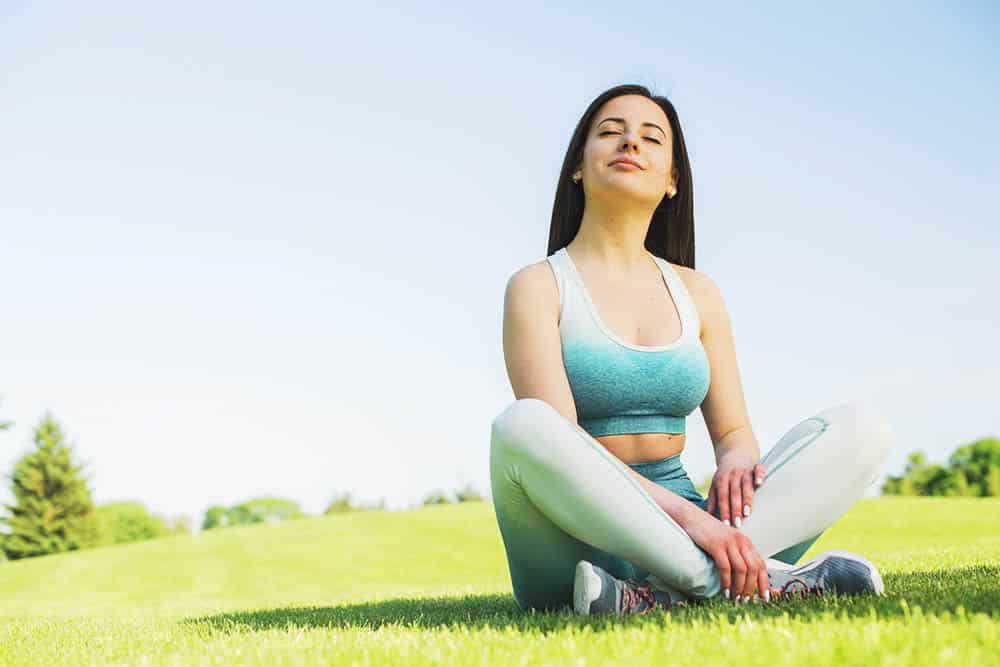The Importance of Relaxation for a Happier, Healthier You
In today’s fast-paced and highly demanding world, stress has become a common menace that affects everyone. From the long work hours, tight deadlines, traffic, demanding relationships, and financial pressures, many people find it hard to keep up with the demands of everyday life. Burnout, anxiety, depression, and a host of other physical and emotional problems are often linked to chronic stress. In such times, relaxation becomes a valuable tool to counter the effects of stress and achieve a happier, healthier life.
The Benefits of Relaxation
Relaxation is a state of being free from tension, anxiety or stress. By immersing oneself in this state, the body and mind can slow down, and the parasympathetic nervous system becomes activated, leading to a cascade of benefits that help maintain a healthy balance between the mind and body. Some of the benefits of relaxation include:
Reduces Stress and Anxiety
When we are stressed, the body operates in a «flight or fight» mode, triggering the release of hormones such as adrenaline and cortisol. These hormones can lead to a range of health problems, including high blood pressure, weakened immune system, and increased risk of heart disease. Relaxation techniques, such as breathing exercises, yoga, massage, and meditation, can help reduce the levels of stress hormones in the body and promote emotional stability. Regular practice can lead to a calmer, more-centered approach to everyday life.
Improves Sleep Quality
People who suffer from chronic stress often struggle with insomnia or have difficulty sleeping. Relaxation techniques have been shown to promote better sleep quality by reducing tension, anxiety, and overactive thought processes. By quieting the mind and body, relaxation techniques make it easier to fall asleep and stay asleep longer.
Boosts Immunity
Chronic stress can weaken the immune system, making people more vulnerable to illness and disease. Research shows that relaxation techniques can boost the production of immune cells, improve antibody response, and enhance overall immune function. These effects of relaxation on the immune system have been found to be particularly beneficial for people with chronic illnesses, such as HIV, cancer, and autoimmune diseases.
Reduces Pain
Relaxation techniques have been shown to be effective in managing pain, particularly in chronic pain conditions, such as fibromyalgia and osteoarthritis. By activating the parasympathetic nervous system, relaxation can improve blood flow to the affected area, decrease muscle tension, and reduce perceived pain levels.
Improves Cognitive Function
Research has shown that relaxation techniques can improve cognitive function, including memory, attention, and problem-solving. By reducing stress levels and promoting relaxation, these techniques help to clear the mind, enhance mental clarity, and increase productivity.
Effective Relaxation Techniques
There are numerous relaxation techniques that people can use to relax their bodies and minds. Some of the most effective methods include:
Yoga
Yoga is a holistic system that involves poses, breathing techniques, and meditation. It has been shown to reduce stress, improve flexibility, and promote overall wellbeing. There are many different styles of yoga, including Hatha, Ashtanga, and Bikram, so people can choose the one that suits their preferences.
Meditation
Meditation involves sitting or lying down in a quiet place and focusing on the breath or a particular thought, image, or sound. It has been shown to reduce stress, increase emotional stability, and promote calmness. There are many different types of meditation, including mindfulness, transcendental meditation, and Zen meditation.
Breathing Exercises
Breathing exercises are simple techniques that involve taking slow, deep breaths and focusing on the breath. They have been shown to reduce stress, lower blood pressure, and improve cardiovascular health. There are many different types of breathing exercises, including diaphragmatic breathing, box breathing, and the 4-7-8 breathing technique.
Muscle Relaxation
Progressive muscle relaxation involves tensing and relaxing different muscle groups in the body, one at a time, in a systematic way. This technique can help reduce tension, promote relaxation, and alleviate pain. There are many guided videos and audio tracks available online to assist in learning this technique.
Massage
Massage involves the manipulation of muscles and soft tissues of the body to promote relaxation, pain relief, and emotional well-being. It has been shown to reduce stress, lower blood pressure, and improve immune function. While professional massage can be costly, various massage tools and techniques can be used at home to achieve similar results.
Integrating Relaxation into Daily Life
While relaxation techniques can be incredibly effective, their benefits can be limited if they are not incorporated into everyday life. Here are some useful tips to help integrate relaxation techniques into daily routines:
Start Small
Begin by incorporating relaxation techniques gradually into your routine. Start with just five minutes each day, and gradually increase the duration to ten, fifteen, or twenty minutes per session.
Make it Regular
Relaxation is most effective when it is integrated into daily life as a habit. Try to set aside time each day, preferably at the same time, to practice relaxation techniques.
Make it a Priority
Often people put off relaxation because they feel too busy or overwhelmed with other responsibilities. But relaxation should be viewed as a priority for maintaining good health and well-being. So schedule it rigorously and stick to it.
Create a Relaxing Environment
Creating a relaxing ambiance can help facilitate relaxation. Find a quiet, comfortable space to practice, and minimize potential distractions. Soft lighting, comfortable seating, and calming music can also contribute to the relaxation experience.
A Happier, Healthier Life through Relaxation
Relaxation is an essential component of good health and well-being, and it is more than just a luxury or indulgence. Incorporating relaxation techniques into our daily routines can go a long way in reducing stress levels, improving sleep quality, boosting immune function, reducing pain, and enhancing cognitive function. By prioritizing relaxation and incorporating it into our everyday lives, we can unleash our inner calm and achieve a happier, healthier life.
